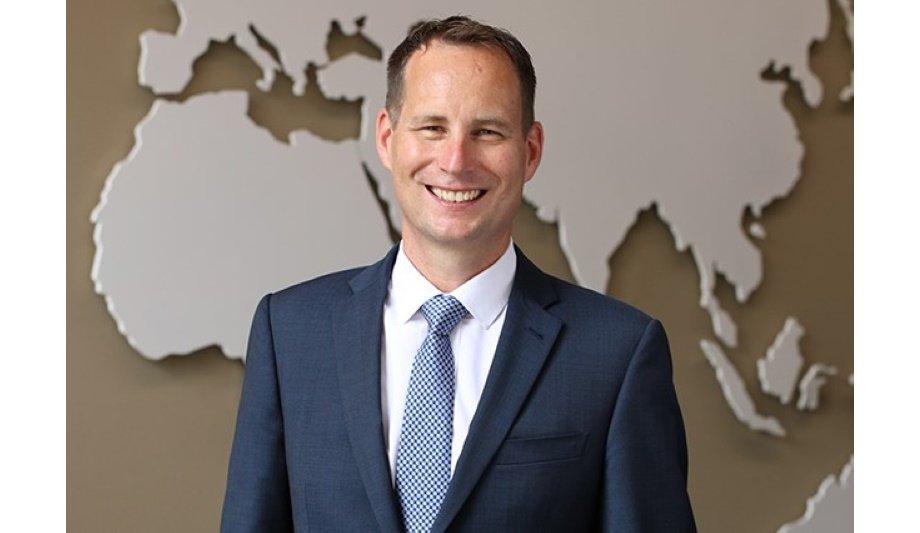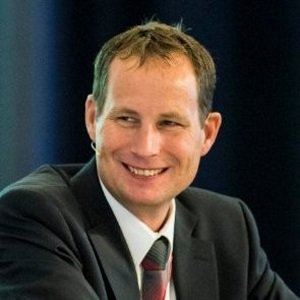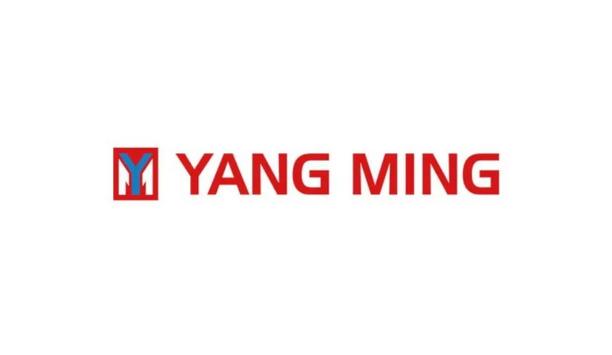Swiss based marine engine technology developer, Winterthur Gas & Diesel Ltd. (WinGD) continues to invest in its R&D (Research & Development) testing infrastructure, with the opening of a new collaborative Global Test Centre in Shanghai, China.
Global Test Centre
The new test centre, which opened on the December 16, 2021, is in collaboration with CSPI (China Shipbuilding Power Engineering Institute Co., Ltd.), for the advancement of a decarbonised future, through sustainable fuel and combustion research and innovation.
The role of R&D has come into sharp focus, as part of the strategy to help ships reach the International Maritime Organization - IMO’s 2050 target. The success of the industry reaching these targets relies on a focus well beyond alternate fuels.
Research, innovation in future fuel propulsion solutions
This new Global Test Centre will encompass research and innovation around future fuel propulsion solutions, holistic energy management systems, and power generation based on new energy converters.
For the development of new technologies and products, the Global Test Centre comprises of two 2-stroke test engines and several test rigs for the validation of sub-systems such as fuel injection, pumps or gas admission valves.
Development of low pressure dual-fuel technology
With future demands in mind, testing will focus on new fuels, including methanol and ammonia
With future demands in mind, testing will focus on new fuels, including methanol and ammonia, and on the further development of WinGD’s low pressure dual-fuel technology.
The test centre will also be equipped with an electrical grid representing modern vessels, including a DC grid laboratory and dynamometers instead of water brakes, a perfectly suited infrastructure to test and demonstrate hybrid propulsion systems in the future.
Commitment to accelerate the energy transition in shipping
Dominik Schneiter, WinGD’s Vice President (VP) of Research & Development, said “The pace at which we need to act as an industry, to reach a carbon free future, requires all players to step up with significant commitment. By considerably expanding our test engine infrastructure, we are confirming our commitment to accelerate the energy transition in shipping.”
Dominik Schneiter adds, “The future is a multi-fuel landscape where deep knowledge of the combustion properties of all fuels is required. Our collaboration with our CSSC family of companies allows us to bring the full weight of our shared expertise towards this goal.”
Decarbonisation of the maritime industry is a challenge
The decarbonisation of the maritime industry is a global challenge that requires collaboration and collective efforts, at unprecedented levels.
The combination of WinGD’s proven expertise of 2-stroke engine efficiency with low emissions and the technology innovation capabilities of the China Shipbuilding Power Engineering Institute Co., Ltd., will result in future integrated power solutions that will help reach zero emissions.











